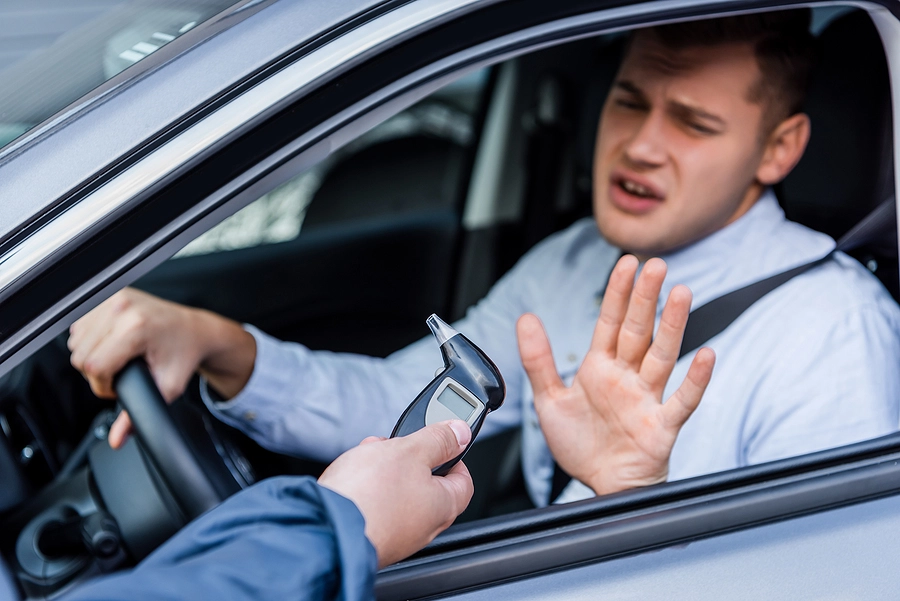Anyone who drives while drunk is breaking the law, but the repercussions can be even worse for someone under the age. Underage DUI charges carry unique legal risks because most jurisdictions enforce strict zero-tolerance policies for drivers under 21. This means that even a small amount of alcohol in the system can lead to an arrest and a potentially life-changing legal battle. Understanding these risks and knowing the available defense options is essential for anyone facing this type of charge.
The Zero-Tolerance Standard
Most states have a rule called “zero tolerance,” which says that anyone under the legal drinking age can’t drive a car with any amount of alcohol in their system. Underage drivers can be charged with DUI even if their blood alcohol level is as low as 0.01% or 0.02%, while the normal level for adults is 0.08%.
These rules are meant to stop teens from drinking and driving at all costs, but they also mean that teens who have had even one drink could be in trouble with the law. Also, many states punish these kinds of actions with both administrative and criminal penalties. This makes it even more important to act quickly and wisely.
Legal Risks of an Underage DUI
The consequences of an underage DUI conviction can affect many areas of a young person’s life. Immediate legal penalties may include:
- Suspension of the driver’s license
- Hefty fines
- Mandatory DUI education or alcohol treatment programs
- Community service
- Jail time (in more severe or repeat cases)
However, the impact doesn’t stop there. A young person who has been convicted of DUI may find it hard to get into college, apply for grants, or find work in the future. Insurance premiums can skyrocket, and the conviction may remain on their criminal record for years.
Parents and guardians often find themselves navigating a complex legal maze while trying to protect their child’s future. Fortunately, there are defense options available that can help reduce or dismiss the charges under the right circumstances.
Defense Options for Underage DUI
Each DUI case is unique, and the defenses that can be used will rest on the details of the case. However, here are some common strategies an experienced DUI attorney might consider:
1. Challenging the Traffic Stop:
Law enforcement must have a valid reason for pulling someone over. If there was no probable cause, any evidence collected during the stop—like breath or blood test results—could be inadmissible in court.
2. Questioning the Accuracy of Test Results:
Breathalyzers and other chemical tests are not foolproof. Calibration errors, improper administration, and other technical issues can sometimes invalidate results. Here, a knowledgeable attorney can request maintenance records or challenge the training of the officer who administered the test.
3. Medical Conditions or Diet:
Some medical problems and even some diets can cause breathalyzer tests to give wrong results. This could lead to a fair doubt about how accurate the BAC reading was.
4. Lack of Actual Impairment:
In some cases, the BAC may be low enough that the driver was not actually impaired. This could mean that you can talk about getting less serious charges, like reckless driving, or a program that delays your decision.
5. First-Time Offender Programs:
Many jurisdictions offer diversion or deferred adjudication programs for first-time offenders. These may include mandatory classes, community service, and probation in exchange for having the charge dismissed upon successful completion.
Don’t Face It Alone
It can be scary to be charged with DUI as a minor, but it’s important to remember that being charged is not the same as being found guilty. There are formal ways for the accused to fight the charges and keep their future safe. A good DUI lawyer can look at the case, find holes in the prosecution’s proof, and work to get the best result possible.
If you or someone you care about is being charged with DUI while young, know that you can get help. The next thing you should do is learn about your rights and get in touch with the right legal help.

